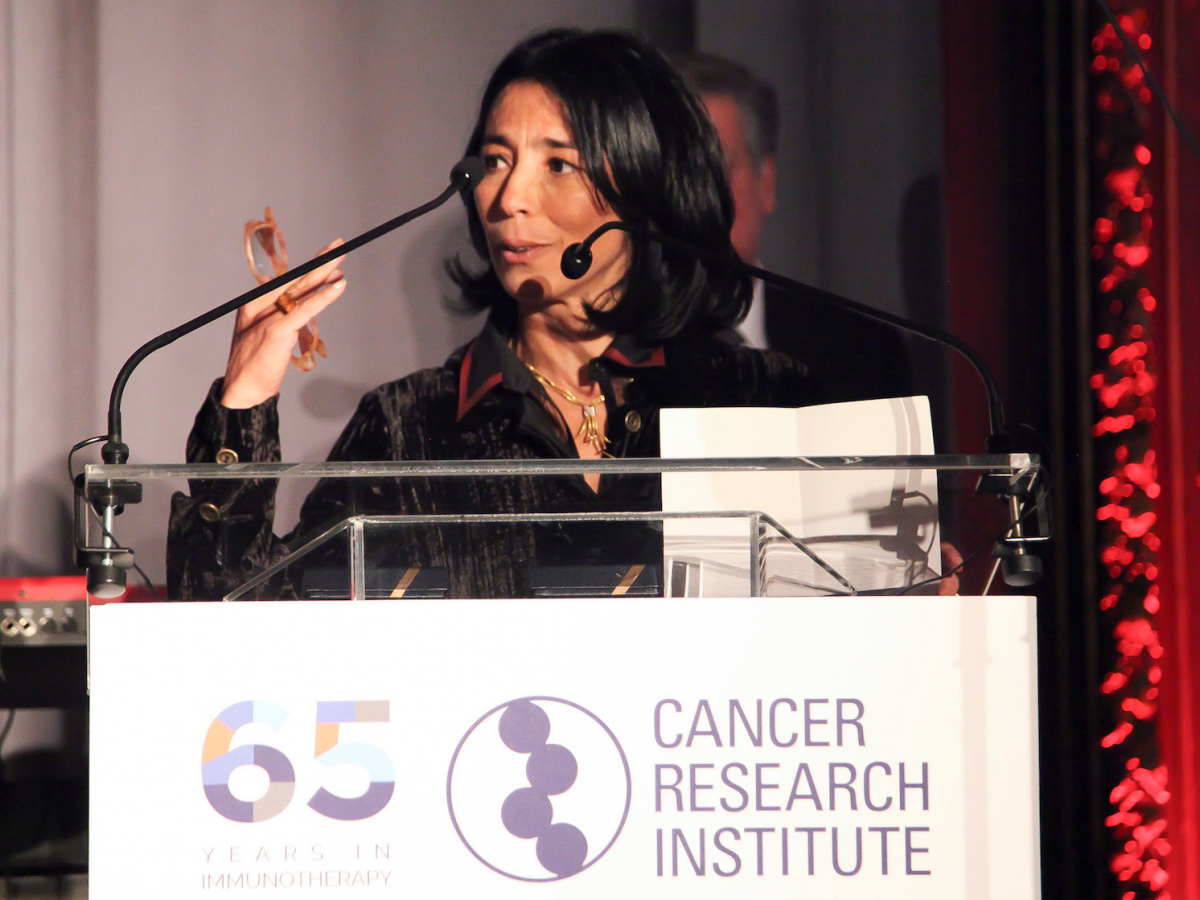Popular diets often address what we should eat, but proponents of this trend believe when we eat is just as important
- 5 minutes to read
- 27 February 2020
- kitwan
Popular diets often address what we should eat, but proponents of this trend believe when we eat is just as important
Breakfast is the most important meal of the day, right? Or is it? Many, including celebrities, are saying no to eating breakfast and adopt a lifestyle called “intermittent fasting” (IF). In this post you will find answers about what IF is, its growing popularity and its benefits so you can decide for yourself if it is worth a try.
What is intermittent fasting?
IF is not a diet that specifies a set of foods allowed or not allowed. Instead, it is an eating schedule that dictates when you eat.
There are different ways to do IF. Alternate-day fasting (ADF) and the 5:2 diet involve restricting calorie consumption to 25% of energy needs every other day or two days a week, and eating normally for the rest of the time.
The most common way to do IF, however, is in the form of time restricted eating where only a limited time is spent eating each day. This period is called the feasting period or eating window. The rest of the day is spent not eating – in other words, fasting. Different to some religious fasting practices where drinking is restricted, drinking water is encouraged throughout the entire day of IF.
A popular schedule is “16/8”, where 16 hours is spent fasting and 8 hours is the eating window. An example of how this would work is eating your last meal before 8pm and then waiting until 12pm the next day to eat your first meal. That means skipping breakfast.
While this is the most common schedule, you could choose any 8-hour eating window. It is recommended, however, that you eat only during daytime. People also do different variations such as 18/6 or 20/4 where you spend 18 or even 20 hours of the day fasting. While this style of IF does not specify what to eat, it is generally considered good to eat unprocessed foods.

A common IF schedule is skipping breakfast, having your first meal after 12pm and your last meal before 8pm.
Why is intermittent fasting so popular?
There are many methods of diet available, especially on the internet. However, IF is claimed to be a diet which is easier to follow, compared to other restrictive diets.
According to Harvard Medical School, IF received massive attention in 2012 after the release of the TV documentary “Eat Fast, Live Longer” and the book “The Fast Diet”, both produced by BBC broadcast journalist Dr. Michael Mosley. In the same year, journalist Kate Harrison published her own experience of fasting for two non-consecutive days a week in “The 5:2 Diet Book”. The popularity of IF was further boosted by Dr. Jason Fung’s 2016 bestseller “The Obesity Code” in which he outlined the science behind fasting as a health intervention.
IF has continued to cause a media hype with celebrity anecdotes about its ease, convenience and effectiveness for weight loss and staying fit and healthy. One recent example is from Jennifer Aniston, the 50-year-old actress. In an interview with Radio Times, a British weekly magazine, she proclaimed to have noticed a big difference when doing IF with a 16/8 schedule.
Aniston revealed that she only consumes liquids like coffee and celery juice in the morning, delaying her eating into the late afternoon and evening. She added that IF is very convenient to maintain with her busy filming schedule and attributes her fit physique to this practice. Other celebrities like Hugh Jackman and Beyoncé are also reported to be IF adherents.

Jennifer Aniston says that she noticed a difference in how she looks and feels since doing IF. (Source: militarybud.com)
Is intermittent fasting beneficial?
When you do a Google search or have a look at the numerous Facebook groups on the topic, it would seem that many people are doing IF. They claim to experience numerous health benefits of IF, particularly weight loss. However, what is the science behind it? Isn’t it already bad for our health to skip breakfast, not to say fasting for 16 hours?
An overview study from last year suggested that the long believed beneficial effect of breakfast eating on weight loss might not be as good as expected. Although breakfast has been promoted as the most important meal of the day for over one century, there is a lack of evidence that consuming breakfast helps with weight loss.
Instead, a meta-analysis summarizing various studies found that IF was as effective for weight loss as a “classical” diet with a continuous energy restriction.

IF could be helpful for weight management.
While weight control itself has already great health benefits, there is scientific reason to believe that IF has even additional potential to benefit health and wellbeing. Cancer researcher Dr. Miriam Merad published a study showing that people who fasted for 19 hours a day drastically reduced the number of inflammatory immune cells in the blood, which can contribute to chronic diseases like diabetes, heart disease, and liver issues.
A recent article in the famous New England Journal of Medicine provided a comprehensive overview on the current scientific evidence about IF. In addition to the benefits mentioned above, it came to the conclusion that IF might also be beneficial against cancers, multiple sclerosis, rheumatoid arthritis, and neurologic disorders, such as Alzheimer’s and Parkinson’s disease. Besides, it might have positive physical and cognitive effects.

Cancer researcher Dr. Miriam Merad talking about the benefits of IF. (Source: www.businessinsider.sg)
What could intermittent fasting do for spinal cord injuries?
IF, in the form of alternate-day fasting (ADF), has been shown to promote functional recovery in rats following cervical and thoracic spinal cord injury. Another animal study found that IF causes a neuroprotective effect in acute spinal cord injury. It is important to consider, however, that these studies were carried out with animals only. It is still to be shown if the same results apply to humans.
Furthermore, IF may not be suitable for people taking certain medications, with particular health conditions or a history of eating disorders. Eating less, especially in an extreme form like ADF, can have problematic side effects, such as lack of energy, dehydration, muscle loss, poor sleep, and rebound overeating. It is always advised to consult a doctor before undergoing any dietary protocols.
While more research is needed on the long-term effects of IF, it may be worth paying more attention not only to what we eat to stay healthy, but also to when we eat.
What are your experiences with diets? Could you imagine skipping breakfast and eating in an 8-hour window?

